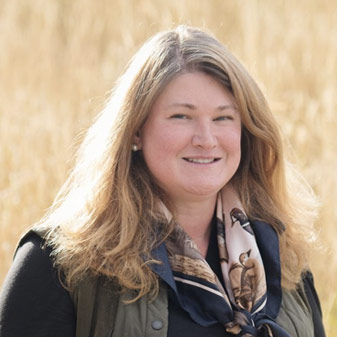A public comment submitted to the Department of the Interior regarding the development of the American Conservation Stewardship Atlas.
Summary
- Honoring private property rights and supporting voluntary stewardship is essential to effective conservation because private land plays an outsized role in biodiversity, ecological integrity, and ecosystem services.
- To engage private landowners who may be uneasy about having their land designated for conservation on a government map and the risk of intrusive regulation, the Atlas should be reframed and rearticulated as a “catalog” or similar tool.
- The Atlas should reflect the diversity of private, voluntary conservation mechanisms by prioritizing recognition of areas conserved through private ownership and contracts.
- Conservation outcomes, not labels or regulatory designations, should guide consideration of whether public lands are being managed to meet conservation goals.
- To facilitate voluntary conservation on public lands, conservationists should be allowed to compete for natural resource leases on federal lands.
Introduction
The Property and Environment Research Center (PERC) respectfully submits this comment to the Department of the Interior regarding the development of the American Conservation Stewardship Atlas. The America the Beautiful initiative, which the Atlas seeks to advance, can showcase the strength and effectiveness of core values that make our country great: Free enterprise, entrepreneurship, a respect for private property, our strong conservation ethic, and a robust civil society.
PERC is a nonprofit conservation research institute located in Bozeman, Montana that explores market-based solutions to environmental problems. Founded in 1980, PERC’s mission is to improve environmental quality through markets, entrepreneurship, and property rights. PERC’s staff and associated scholars conduct original research that applies free market principles to resolving environmental disputes in a cooperative manner. This comment draws on decades of PERC research on habitat conservation practices on private and public lands.
PERC supports the America the Beautiful Initiative’s recognition of the power of the private sector, markets, and private property rights to deliver conservation outcomes. We believe that the Initiative’s values leverage the country’s strengths in pursuit of what White House National Climate Advisor Gina McCarthy has described as the “first national conservation goal:” Conserving 30 percent of land and waters by the year 2030.





